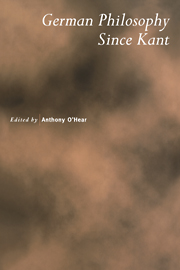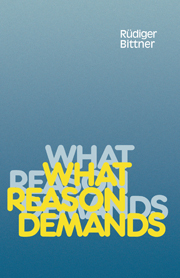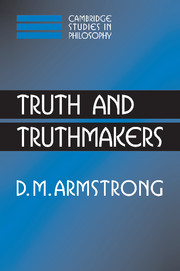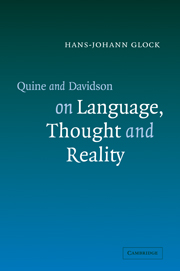What is Analytic Philosophy?
Analytic philosophy is roughly a hundred years old, and it is now the dominant force within Western philosophy. Interest in its historical development is increasing, but there has hitherto been no sustained attempt to elucidate what it currently amounts to, and how it differs from so-called 'continental' philosophy. In this rich and wide-ranging book, Hans Johann Glock argues that analytic philosophy is a loose movement held together both by ties of influence and by various 'family resemblances'. He considers the pros and cons of various definitions of analytic philosophy, and tackles the methodological, historiographical and philosophical issues raised by such definitions. Finally, he explores the wider intellectual and cultural implications of the notorious divide between analytic and continental philosophy. His book is an invaluable guide for anyone seeking to understand analytic philosophy and how it is practised.
- The first book devoted entirely to defining and explaining analytic philosophy
- Takes into account both the Anglophone and Germanophone roots of the movement
- Assesses carefully and dispassionately the pros and cons of various ways of defining analytic philosophy
Reviews & endorsements
'There has been a recent spate of books attempting to explain the origins and intrinsic nature of analytic philosophy. Among these, What is Analytic Philosophy? by Hans-Johann Glock is a standout. As a German trained in Britain who is a professor in Zurich, Glock is particularly suited to offer a cosmopolitan assessment of the philosophical scene and especially the purported difference between the analytic and continental flavors. What's more, his book is jam-packed with argument and nuance, perspicuously organized, historically sensitive, and wrapped in a clear, muscular prose … What is Analytic Philosophy? is even-handed, well-informed and a must-read for anyone interested in this topic.' Notre Dame Philosophical Reviews
Product details
June 2008Paperback
9780521694261
306 pages
229 × 152 × 16 mm
0.49kg
Available
Table of Contents
- 1. Introduction
- 2. Historical survey
- 3. Geography and language
- 4. History and historiography
- 5. Doctrines and topics
- 6. Method and style
- 7. Ethics and politics
- 8. Contested concepts, family resemblances and tradition
- 9. Present and future.






